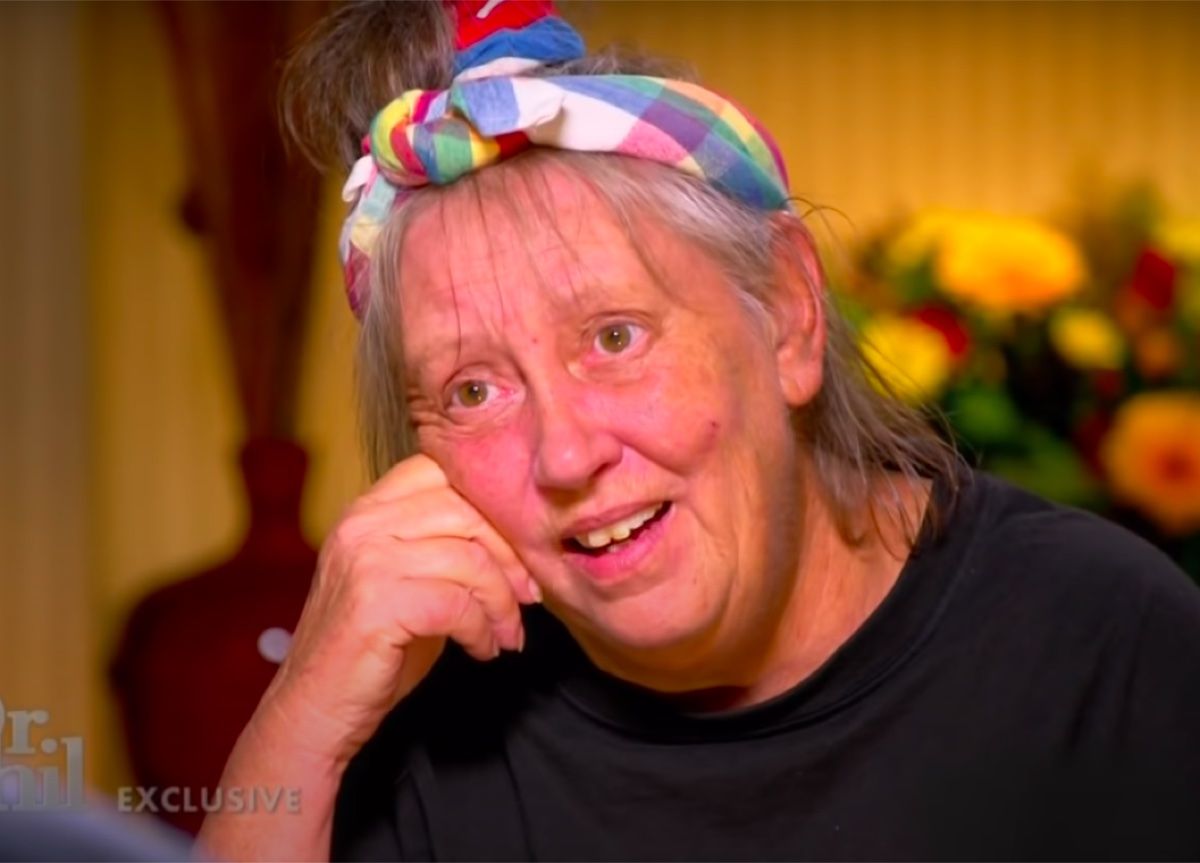Did the bright lights of Hollywood ultimately dim Shelley Duvall's brilliance, or were the shadows always there? The legacy of the actress, once a rising star in iconic films like "The Shining" and "Popeye," remains a complex tapestry woven with both cinematic triumph and personal hardship, a narrative recently re-examined in the wake of her passing.
The echoes of Duvalls career, particularly her groundbreaking performance in Stanley Kubrick's 1980 horror masterpiece, "The Shining," still resonate within the industry and with audiences worldwide. But her story has been shrouded in mystery since she withdrew from the public eye in 2002, with questions lingering about the circumstances that led her to step away from the spotlight.
| Category | Details |
|---|---|
| Full Name | Shelley Alexis Duvall |
| Date of Birth | July 7, 1949 |
| Place of Birth | Fort Worth, Texas, USA |
| Date of Death | July 11, 2024 |
| Cause of Death | Complications related to undisclosed illness |
| Occupation | Actress, Producer |
| Notable Roles | "The Shining" (1980), "Popeye" (1980), "3 Women" (1977) |
| Years Active | 19702002, 2016 (Television Appearance) |
| Awards & Accolades | Palme d'Or (Cannes Film Festival, 1977 for "3 Women") |
| Controversies | 2016 Interview on "Dr. Phil" regarding her mental health. |
| Reference Website | IMDb |
The circumstances surrounding Duvall's retreat from Hollywood, and her subsequent return to public consciousness, have been the subject of much scrutiny. In the midst of this reevaluation, the highly-criticized 2016 interview on the "Dr. Phil" show has resurfaced. This appearance on the popular daytime talk show, where she openly discussed her struggles, triggered a wave of concern and controversy, prompting questions about exploitation and the ethics of television. Dr. Phil McGraw has defended his decision to conduct the interview, even recently speaking out about the backlash in the wake of Duvall's death, adding another layer to the discussion.
- Discover Skip The Games Your Guide To Harrisburg Encounters More
- Rudy Youngblood Beyond Apocalypto News Facts You Need To Know
The episode, titled "A Hollywood Star's Descent into Mental Illness: Saving The Shining's Shelley Duvall," was branded by many as "appallingly cruel" and "shameful." The interview depicted Duvall, then 67 years old, in a state of apparent distress, openly acknowledging mental health struggles. This sparked debate about the show's responsibility in handling a vulnerable individual and the potential for exploitation in the name of ratings. The impact of the interview, and the nature of the interaction between Duvall and Dr. Phil, continues to be a subject of intense discussion among film critics, mental health professionals, and the general public.
Her appearance on the show marked a rare television appearance after years out of the limelight and sparked concerns about her well-being among fans, who were accustomed to seeing her in more dynamic roles. The episode, which aired on November 18, 2016, saw Duvall detailing her sense of isolation and her need for help. This admission of vulnerability to a mass audience was seen by many as a significant moment and contributed to the outpouring of concern for the actress.
Adding to the complexities of Duvall's narrative is the fact that she was a trailblazer in Hollywood, collaborating with some of the most visionary filmmakers of her time, including Robert Altman and Stanley Kubrick. Her unique presence and distinctive acting style were crucial to the success of many films. Yet her legacy is now shadowed by the events that followed, which raised questions about the support systems available to those in the public eye, as well as the ethical obligations of those who provide a platform for their stories.
- Find Your Ascendant Free Calculator Personality Insights
- Ruby Emmanuella Spencer Everything You Need To Know About The Heartland Stars
Prior to her death on July 11, 2024, Duvall's cinematic talents and accolades were somewhat overshadowed by her personal struggles. The 2016 interview with Dr. Phil McGraw was criticized for its depiction of her mental health, and the controversy surrounding the episode served to highlight the challenges faced by aging actors who often find themselves without adequate support systems as their careers wind down. Her experience is a cautionary tale for those who enter the entertainment industry at a young age.
In recent days, Dr. Phil has been speaking out about the backlash that ensued following the interview. In an appearance on CNN's "Who's Talking to Chris Wallace," McGraw stood by his decision, arguing that the intention was to offer help. But the lasting perception of the encounter, viewed by many as exploitative, provides a deeper investigation into the medias influence on the well-being of individuals who are in the public eye. The episode sparked a debate about whether the show was exploiting the actress.
The public discourse surrounding Duvall's life and career presents a poignant reminder of the human costs often involved in fame. The conversations prompted by her experience in the entertainment business go far beyond the immediate circumstances of the interview and open up a dialogue about the responsibility of the media, the support needed for vulnerable individuals, and the enduring legacy of a talent who captivated audiences with her unique artistry.
The legacy of Shelley Duvall is far from straightforward. It is a tapestry woven with success, with a difficult life, and with the scrutiny of an industry that often prioritizes drama over well-being. As the world reflects upon her life and career, the questions surrounding her last years, and her experience with Dr. Phil, serve as a sobering reminder of the complex relationship between art, fame, and the human condition.
The debate extends to conversations about mental health care, and the ways that celebrity, and the pressures that come with it, can complicate access to the services necessary to address mental health concerns. The story serves as a reminder of the importance of privacy and safeguarding those with mental health vulnerabilities, especially when public figures.


